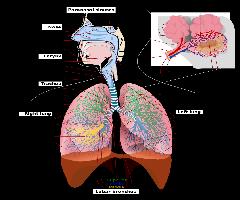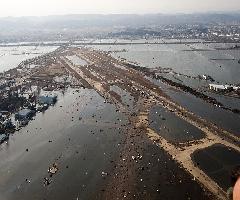A network is a collection of computers linked together so they can share information or peripherals, such as printers or modems. A network of computers within a single office or building is called a LAN (Local Area Network); a WAN (Wide Area Network) connects computers between buildings, cities, and even countries. The technology that connects these computers requires constant vigilance and upkeep. The network technician’s chief function is to ensure that the network is always available. This requires identifying problems that occur on a network as well as installing and testing network cards, running cables, and training others to use
the network properly.Individuals who enjoy problem solving and methodical work may be well- suited to a career as a network technician. Networks rely on the interaction of many small parts (cables, network cards, modems, and software), any one of which may develop problems that result in a loss of the information-sharing portion of the network or, as is commonly heard around the office, causes the network to go down. Detail-oriented individuals will enjoy the challenge of the hunt to find the one part that is causing the problem.
The Internet has made the move into mainstream businesses, and that has created a need for technicians pave the way for individual companies establishing or expanding their presence on the Web. Internet technicians perform many of the same job duties as the hardware, software, and network technicians but concentrate on the technology specific to the Internet, including site development, administration, and server maintenance. These people can specialize in areas such as e-commerce, website development, or Internet security, for example.
Because of the newness of the job description, those aspiring to a career in this field need to be flexible. The industry is changing so rapidly that the market sees new software and hardware every day. Technicians must enjoy researching, learning, and designing. When asked to make recommendations for future expansions, they need to be familiar with current trends as well as likely future developments in order to avoid suggesting technology that will be out-of-date before projects are completed. A working knowledge of the latest advances regarding Internet technology is a must. This means keeping up-to-date on such things as Web browsers, plug-ins, Web-based languages, and so on. On the website development side, for example, having graphic-animation programming skills using Macromedia’s Flash can make you extremely desirable to employers looking to enhance their online presence.
Note: originally posted at Triond.com under the same author.




